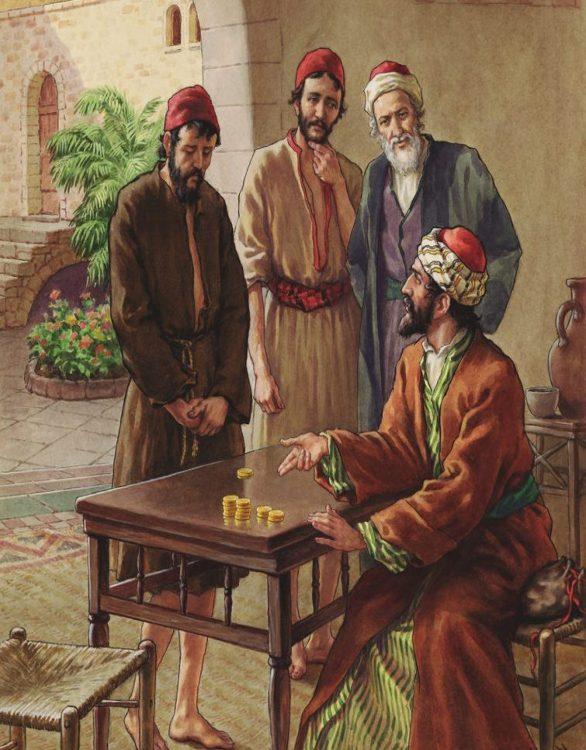By Regis Martin, Crisis Magazine, June 8, 2024
Regis Martin is Professor of Theology and Faculty Associate with the Veritas Center for Ethics in Public Life at the Franciscan University of Steubenville. He earned a licentiate and a doctorate in sacred theology from the Pontifical University of St. Thomas Aquinas in Rome. Martin is the author of a number of books, including Still Point: Loss, Longing, and Our Search for God (2012) and The Beggar’s Banquet (Emmaus Road). …
If you can only love what you know, then not knowing who you are prevents your either knowing or loving anyone else.
What is man that thou are mindful of him, and the son of man that thou dost care for him? (Psalm 8)
 It has long been a commonplace in the Christian life—scriptural sanction for which can be found in 1 John 4:20—that unless we love the neighbor we see everywhere, it will not be possible to love the God we see nowhere. For unlike the neighbor whom we cannot escape, indeed, we find him at every turn, God is easily evaded owing to His being pure spirit. While free to appear in the time/space continuum in which the rest of us live, God will not ordinarily show up there, the fact of His omnipresence not usually manifested in obvious and material ways.
It has long been a commonplace in the Christian life—scriptural sanction for which can be found in 1 John 4:20—that unless we love the neighbor we see everywhere, it will not be possible to love the God we see nowhere. For unlike the neighbor whom we cannot escape, indeed, we find him at every turn, God is easily evaded owing to His being pure spirit. While free to appear in the time/space continuum in which the rest of us live, God will not ordinarily show up there, the fact of His omnipresence not usually manifested in obvious and material ways.
Nevertheless, in the Christian life, the demands of virtue still require that we do our best to integrate the two loves, an undertaking for which grace will be necessary to complete the job. The problem, however, is that in order to love both the God we do not see and the neighbor whom we do see, we must first love ourselves, which for not a few people these days has become a barrier they cannot seem to overcome, a hurdle they cannot clear. Not in the post-human world that appears to be taking shape all around us, even as it assumes ever more toxic and anti-human form. …





 It has long been a commonplace in the Christian life—scriptural sanction for which can be found in 1 John 4:20—that unless we love the neighbor we see everywhere, it will not be possible to love the God we see nowhere. For unlike the neighbor whom we cannot escape, indeed, we find him at every turn, God is easily evaded owing to His being pure spirit. While free to appear in the time/space continuum in which the rest of us live, God will not ordinarily show up there, the fact of His omnipresence not usually manifested in obvious and material ways.
It has long been a commonplace in the Christian life—scriptural sanction for which can be found in 1 John 4:20—that unless we love the neighbor we see everywhere, it will not be possible to love the God we see nowhere. For unlike the neighbor whom we cannot escape, indeed, we find him at every turn, God is easily evaded owing to His being pure spirit. While free to appear in the time/space continuum in which the rest of us live, God will not ordinarily show up there, the fact of His omnipresence not usually manifested in obvious and material ways.

